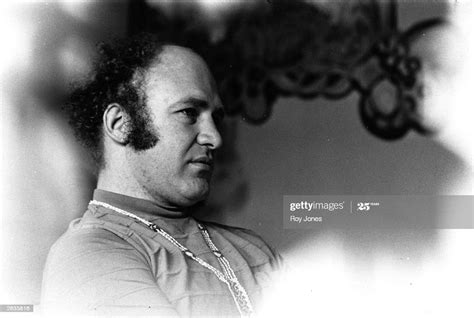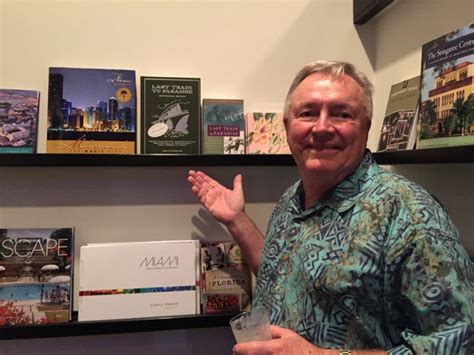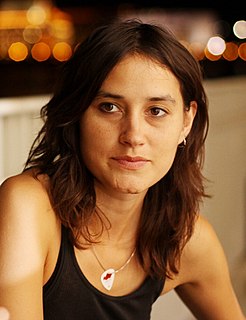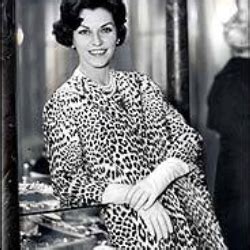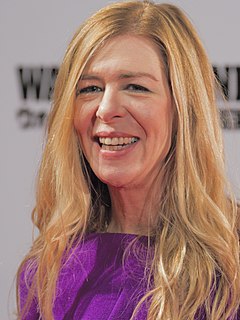A Quote by Roy Kesey
We should absolutely be concerned with ethical questions - to exactly the same degree as everyone else. It's never my intention to sneak any kind of sermon into a story - I've got no business preaching, and besides, that kind of thing plays poorly in fiction, always has.
Related Quotes
Freedom within any kind of social structure - the whole issue of exactly what the human animal is - is an ongoing preoccupation of mine. And I certainly don't think I've come to the end of that exploration, and with any luck, I never will. But I'm very curious about exactly what kind of beast we are. We're so complicated.
I think the best thing about music is that someone could be writing a song that's so personal, and it tells so many other people's story at the same time. It kind of exemplifies that we are all kind of on the same wave[length] - it's amazing how comforting somebody else's story can be, because we have experienced their story in some way or another, and I can totally relate, and I get to feel that feeling and the expression of that emotion. I get to feel like as a listener, that somebody understands me, which is pretty incredible.
One of the things that I was kind of holding on to from 'The Daily Show' was there was an exhaustion that I would feel because we just kind of got caught up in the news cycle. You tell a story, and that's an interesting story, and then the next day we have to drop it and talk about something else. That's so unfair to the story and the people.
H.P.Lovecraft could've been trying to do a Marx to Hegel, that kind of thing, in other words, turn the thing upside down and crawl around inside it. But, look, the guy was eating poorly, he had like a quart of ice cream a day. He was suffering constantly near the end. He wasn't concerned with his body at all, not the way we're concerned with our bodies nowadays.
I've never thought about any kind of prejudice about women in country music because I never felt like it affected me. I was fortunate enough to come about in a time when I didn't feel that kind of energy at all, and it was always my theory that if you want to play in the same ballgame as the boys, you've got to work as hard as them.
You know, everyone is always talking about plastic surgery, or the technology, what to do. I really think it's important to help yourself with the technology if you want to feel better, but I am absolutely against any kind of monstrous cuts of the body, lifting that is beyond recognition, this kind of stuff.
